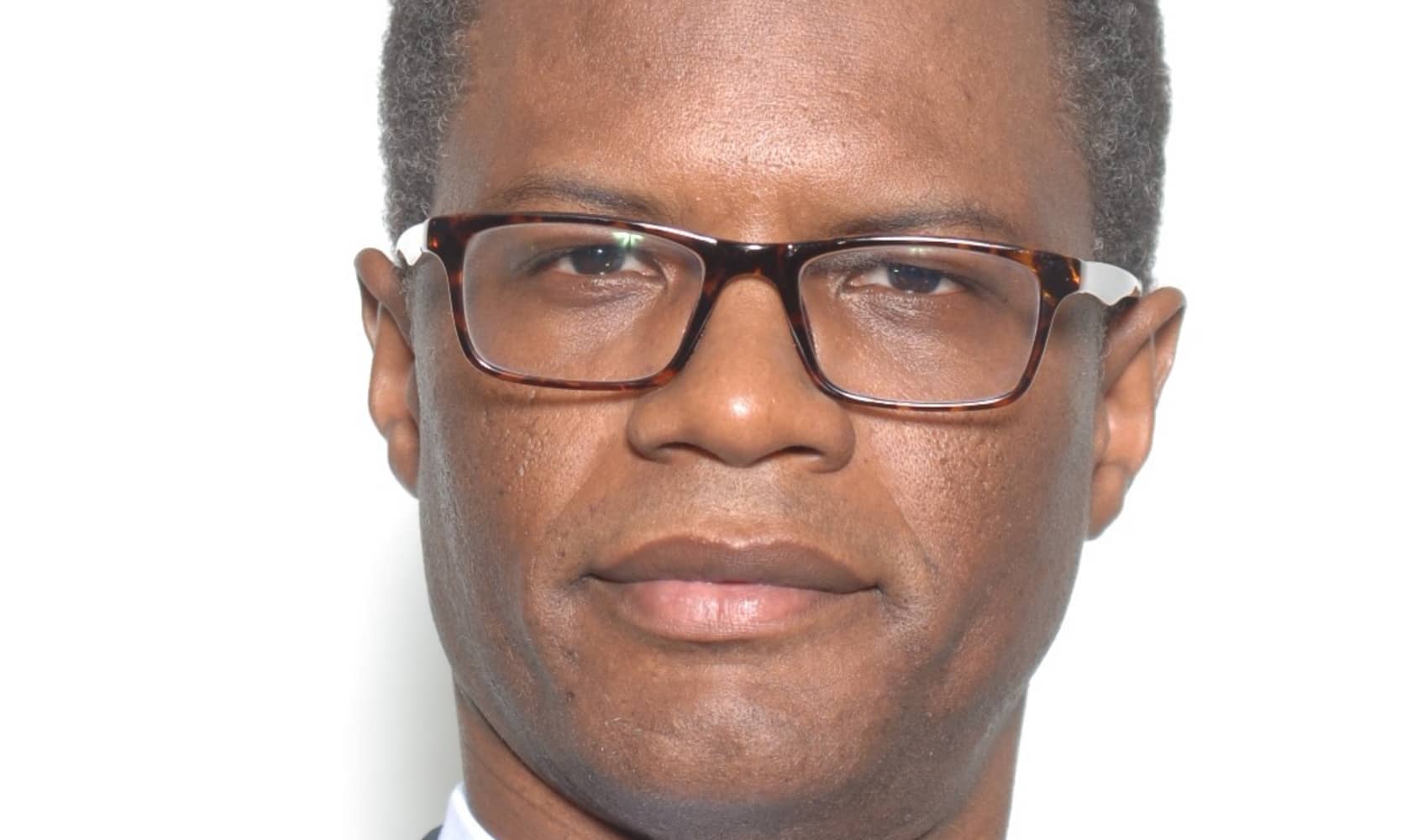
Everyone was braced for a terrible jobs report this morning, and then it came out gobsmackingly strong.
The U.S. not only added more than 450,000 jobs last month--while some economists were concerned we could see losses of that magnitude--but the slow gains reported in the prior two months were revised massively higher. So now, we have job gains of 647,000 in November; 510,000 in December, and 467,000 in January, even as Omicron spread.
This actually makes a lot more sense now than the sluggish prior readings. Jobless claims, a gauge of layoffs, have been at very low levels this whole time. GDP surged nearly 7% last quarter. The problem is, it only serves to better illustrate how far behind the curve the Fed is right now. Remember, this is an economy which they are still supporting with quantitative easing!
No surprise, rates popped this morning when the number crossed, putting downward pressure on stocks. The 10-year yield is back above 1.9%. The two-year yield has been absolutely stunning. It looks like a chart of Nvidia over the past decade. It's gone from 0.15% last summer to nearly 1.3% this morning, reflecting the scramble to price in a bunch of Fed rate hikes now.
Get DFW local news, weather forecasts and entertainment stories to your inbox. Sign up for NBC DFW newsletters.
I'll be very curious to see if other economists actually start to catch up to Ethan Harris's "crazy" rate forecast now. Recall, he's the senior Bank of America economist who last week said he expects the Fed to hike seven times this year. Just yesterday, the Bank of England shocked markets after four of the nine policymakers actually wanted to raise rates by half a point at their meeting, instead of the quarter-point outcome. Shortly thereafter, Christine Lagarde suggested that the European Central Bank wasn't ruling out rate hikes this year, either.
In short, most major central banks are now quickly trying to turn their ships from historic pandemic support measures to "normalization" before inflation becomes an even more persistent headache. The price of U.S. oil crossed above $90 yesterday for the first time since 2014, and surged above $92 after the jobs report this morning. That's higher already than where we were before the U.S. released barrels from the Strategic Petroleum Reserve to bring down prices at the pump.
In Britain, the public will face a 54% leap in their energy bills in April, the country's energy regulator announced yesterday. Their energy prices have been particularly high because of their reliance on costlier natural gas. Then the Bank of England's Andrew Bailey told the BBC yesterday that he was worried about inflation becoming "ingrained." When asked if that meant he was "implicitly asking workers not to demand big pay raises," he replied, "Broadly, yes." You can imagine how that's gone over.
Money Report
Here in the U.S., even though today's jobs report showed average hourly earnings are up 4.7% from a year ago, that's not keeping up with inflation. "Real" hourly compensation, which takes into account consumer prices, dropped 1.2% in the fourth quarter, following a 2.6% drop in the third quarter of last year. In fact, it hasn't been positive--meaning, it hasn't outpaced inflation--since the end of 2020, as Ian Lyngen of BMO Capital Markets points out.
And this is the Fed's headache. I'm sure they would love to sit back and watch the economy adding millions of jobs and growing rapidly and feel like heroes for helping us out of the pandemic. Instead, they risk huge public and political ire if the inflation situation gets any worse, as people already feel--correctly--that they aren't keeping up with spiking prices.
It's the market's headache, too. Although it's much better for the Fed to tackle the inflation problem now--even with the disruption that's causing to high-flying growth stocks--than to give us a decade of subpar overall returns, a la the 1970s.
And if you're worried you overpaid for your house, take heart; as Bill Smead--who remains steadfastly bullish on the homebuilders--keeps pointing out, just as in the '70s, "owning a home is one of the only ways that average households can defend themselves from inflation."
See you at 1 p.m!
Kelly






